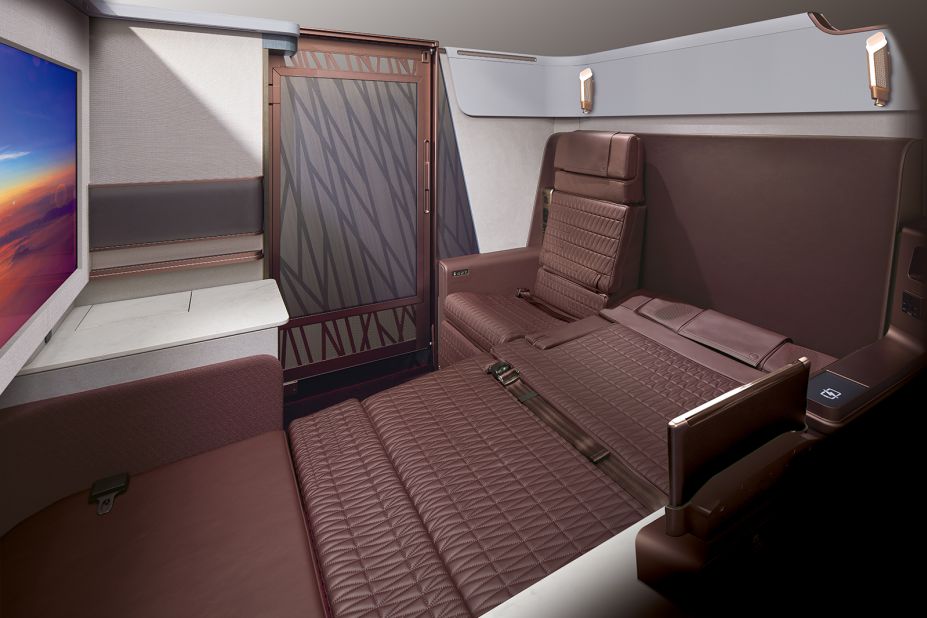European aerospace giant Airbus has set a new record by securing 2,094 net plane orders last year, showcasing its dominance in the commercial aircraft market as airlines anticipate further global passenger growth. This significant achievement comes as Airbus continues to outperform its U.S. rival Boeing, which is grappling with renewed scrutiny and challenges.
Record-Breaking Performance and Expansion Plans
Despite ongoing supply chain disruptions, Airbus exceeded its delivery targets by providing 735 jets to clients last year, surpassing the 720-jet target and marking a substantial increase from the 661 aircraft delivered in 2022. The company’s success is attributed to its popular A320 family for shorter flights and the A350 for long-haul routes, with major orders from airlines such as India’s IndiGo, Air India, and Turkish Airlines.
Airbus’s overall order backlog reached 8,598 aircraft by the end of last year, signaling strong demand and confidence in its product lineup. Moreover, Airbus has initiated the development of a successor to the A320 family for the second half of the 2030s and aims to launch a hydrogen-powered plane by 2035, aligning with sustainability goals.
Competitive Landscape and Sustainability Initiatives
While Airbus continues to gain momentum, Boeing faced challenges, including an FAA investigation into its 737 MAX jet following safety concerns. Despite these setbacks, Boeing secured 1,314 net orders last year, primarily for the 737 MAX and its long-haul 787s. Both aerospace giants are focusing on producing less-polluting aircraft to achieve carbon neutrality by 2050, reflecting the industry’s commitment to environmental sustainability amidst forecasted growth in global air passenger traffic.
Production and Supply Chain Challenges
To meet growing demand, Airbus plans to increase its A320 production capacity to 75 planes per month by 2026, up from 48 planes per month in the previous year. However, the company faces challenges from its network of approximately 18,000 suppliers, many of which are still recovering from the impact of the COVID-19 pandemic and grappling with soaring inflation affecting material procurement.
Future Outlook and Market Dynamics
Airbus’s Commercial Chief Christian Scherer remains optimistic about the future, highlighting that 70% of aircraft currently in operation are older generation models, presenting opportunities for fleet renewal and expansion. As Airbus continues to innovate and address supply chain constraints, the company is well-positioned to maintain its leadership in the aerospace industry, driven by strong demand, technological advancements, and a commitment to sustainability.
Airbus’s record-breaking performance underscores its competitive advantage over Boeing and reflects the company’s strategic initiatives, customer trust, and market leadership in meeting the evolving needs of the global aviation industry. As both companies navigate challenges and opportunities, Airbus’s focus on innovation, sustainability, and customer satisfaction positions it for continued success in a dynamic and competitive landscape.









